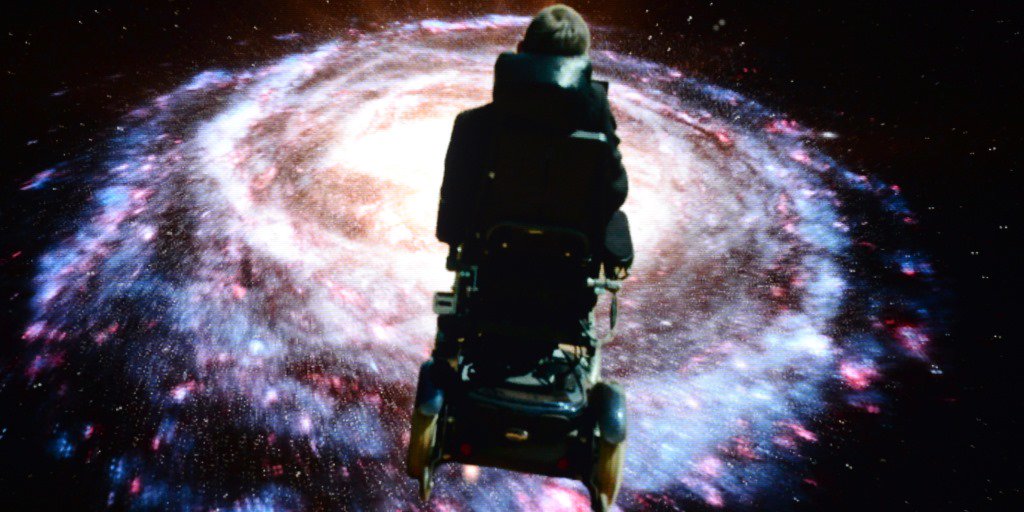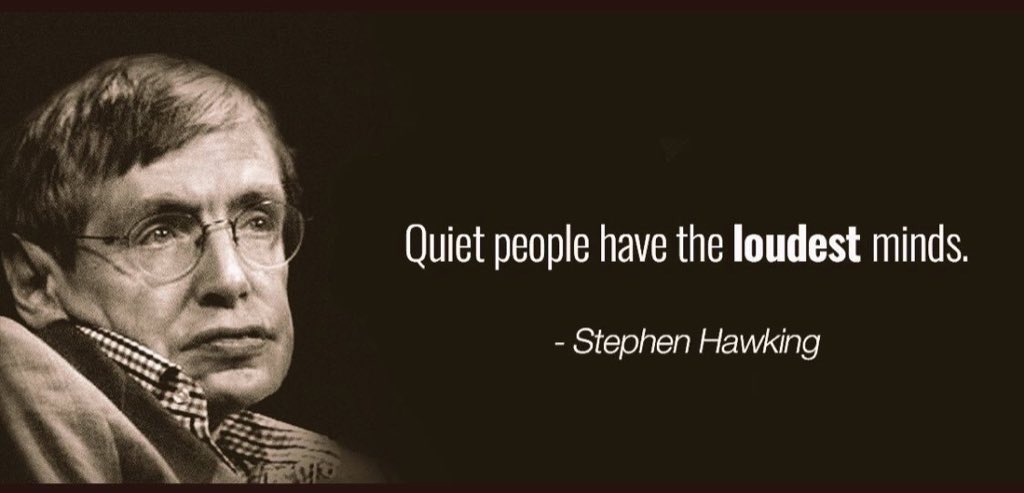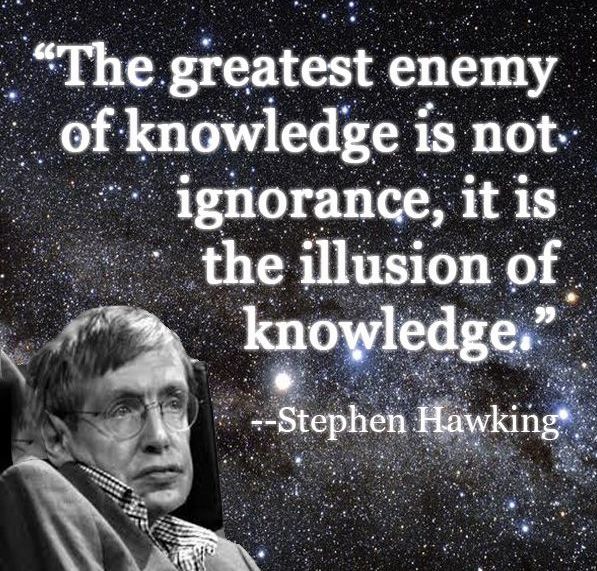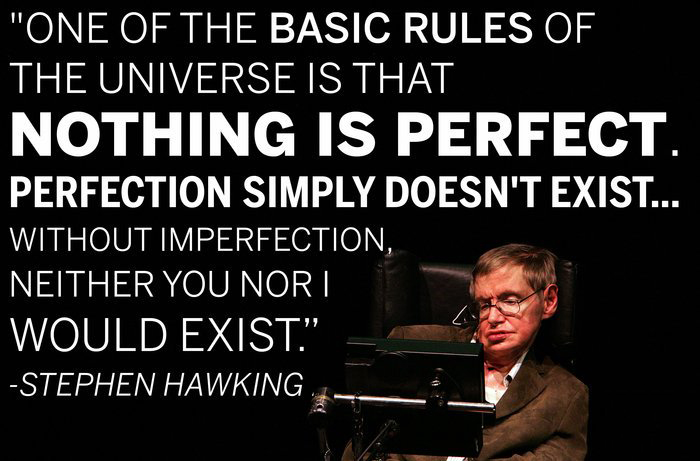
New Delhi: Stephen Hawking, an award-winning physicist and influential author, died early Wednesday morning. He was 76.
Hawking theories and ideas shaped modern cosmology and inspired millions.
His family released a statement in the early hours of Wednesday morning confirming his death at his home in Cambridge.
Hawking’s children, Lucy, Robert and Tim said in a statement: “We are deeply saddened that our beloved father passed away today. He was a great scientist and an extraordinary man whose work and legacy will live on for many years. His courage and persistence with his brilliance and humor inspired people across the world. He once said: ‘It would not be much of a universe if it wasn’t home to the people you love.’ We will miss him forever.”

Hawking was diagnosed with motor neurone disease in 1962.
He was considered one of the leading voices in science because of his extensive research and work related to understanding the universe. He collaborated with Roger Penrose on gravitational singularity theorems in the framework of general relativity and the theoretical prediction that black holes emit radiation, often called Hawking radiation. Hawking was the first to set out a theory of cosmology explained by a union of the general theory of relativity and quantum mechanics and was a vigorous supporter of the many-worlds interpretation of quantum mechanics.
An Honorary Fellow of the Royal Society of Arts (FRSA), a lifetime member of the Pontifical Academy of Sciences, and a recipient of the Presidential Medal of Freedom, the highest civilian award in the United States, Hawking was ranked number 25 in the BBC’s poll of the 100 Greatest Britons in 2002.

His book A Brief History of Time appeared on the British Sunday Times best-seller list for a record-breaking 237 weeks.
In 2006 Hawking posed an open question on the Internet: “In a world that is in chaos politically, socially and environmentally, how can the human race sustain another 100 years?” later clarifying: “I don’t know the answer. That is why I asked the question, to get people to think about it, and to be aware of the dangers we now face.”
He was extremely concerned about life on Earth and believed that the planet is at risk from a sudden nuclear war, a genetically engineered virus, global warming, or other dangers we have not yet thought of. He also believed that spaceflight and the colonization of space was necessary for the future of humanity.

On the question of aliens Hawking once stated that, given the vastness of the universe, aliens likely exist, but that contact with them should be avoided. He warned that aliens might pillage Earth for resources. In 2010 he said, “If aliens visit us, the outcome would be much as when Columbus landed in America, which didn’t turn out well for the Native Americans.”
Hawking warned that superintelligent artificial intelligence could be pivotal in steering humanity’s fate, stating that “the potential benefits are huge… Success in creating AI would be the biggest event in human history. It might also be the last, unless we learn how to avoid the risks.”
He argued that computer viruses should be considered a new form of life, and stated that “maybe it says something about human nature, that the only form of life we have created so far is purely destructive. Talk about creating life in our own image.”
He leaves three children, Robert, Lucy and Timothy, from his first marriage to Jane Wilde, and three grandchildren.








